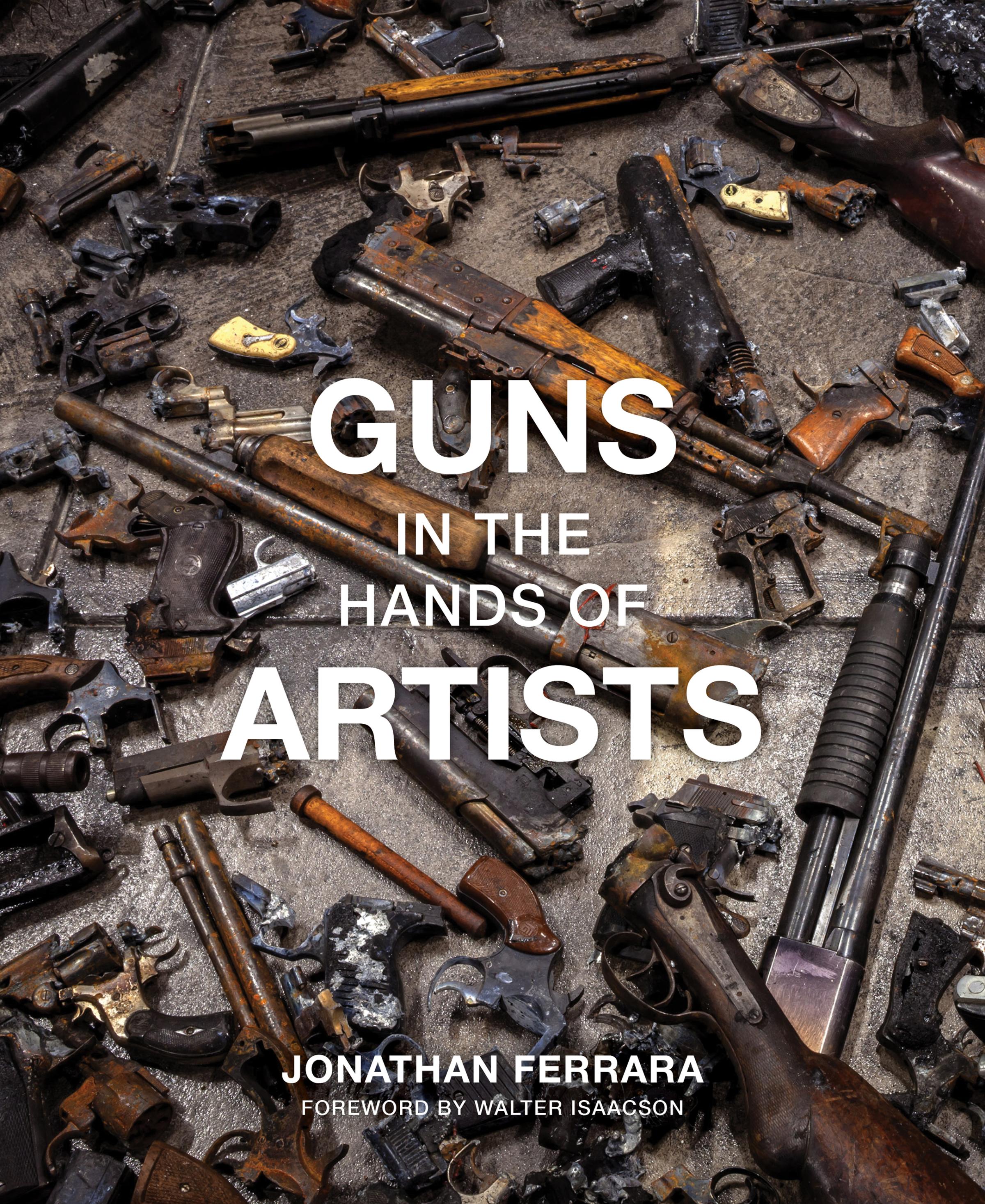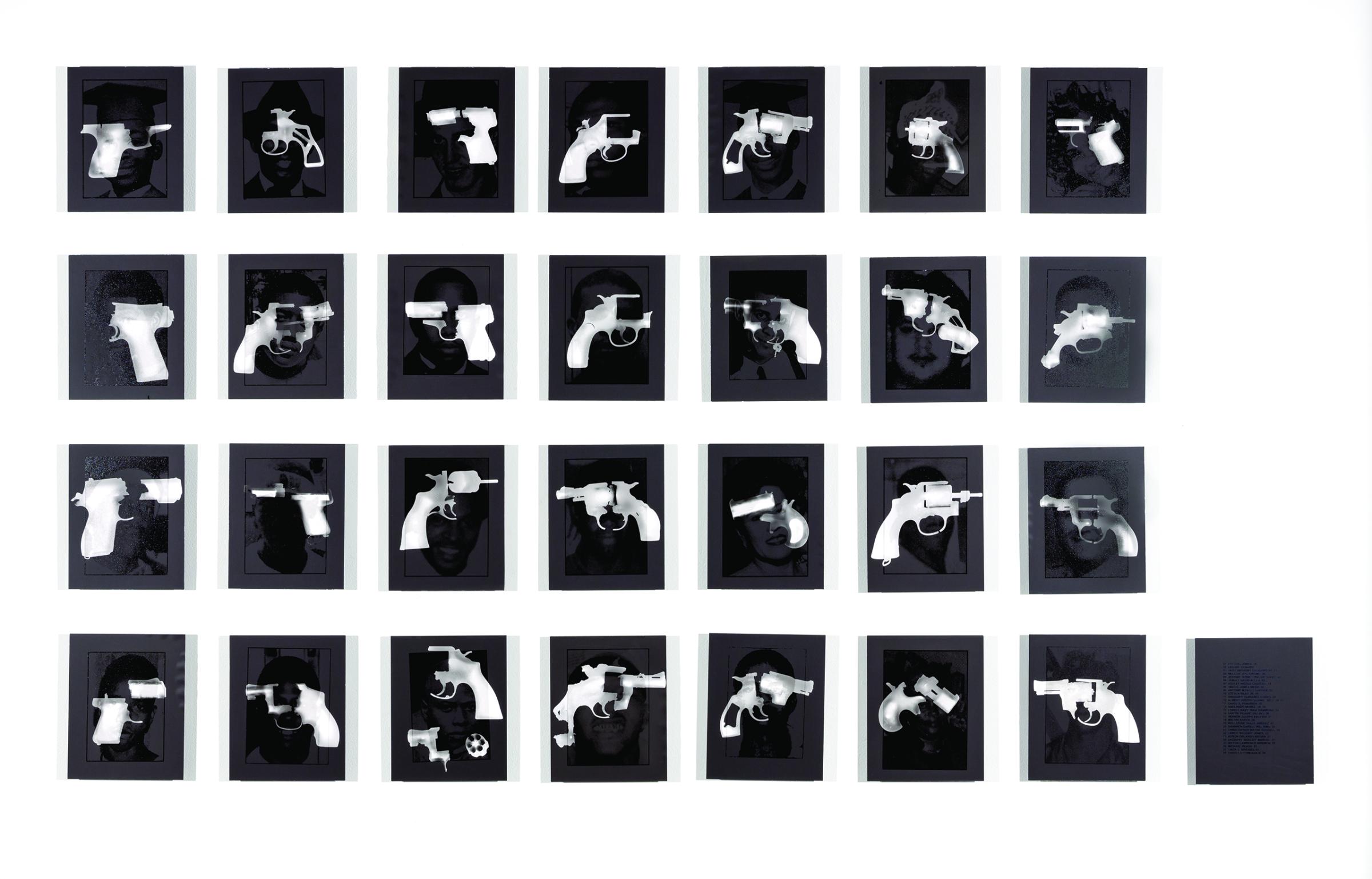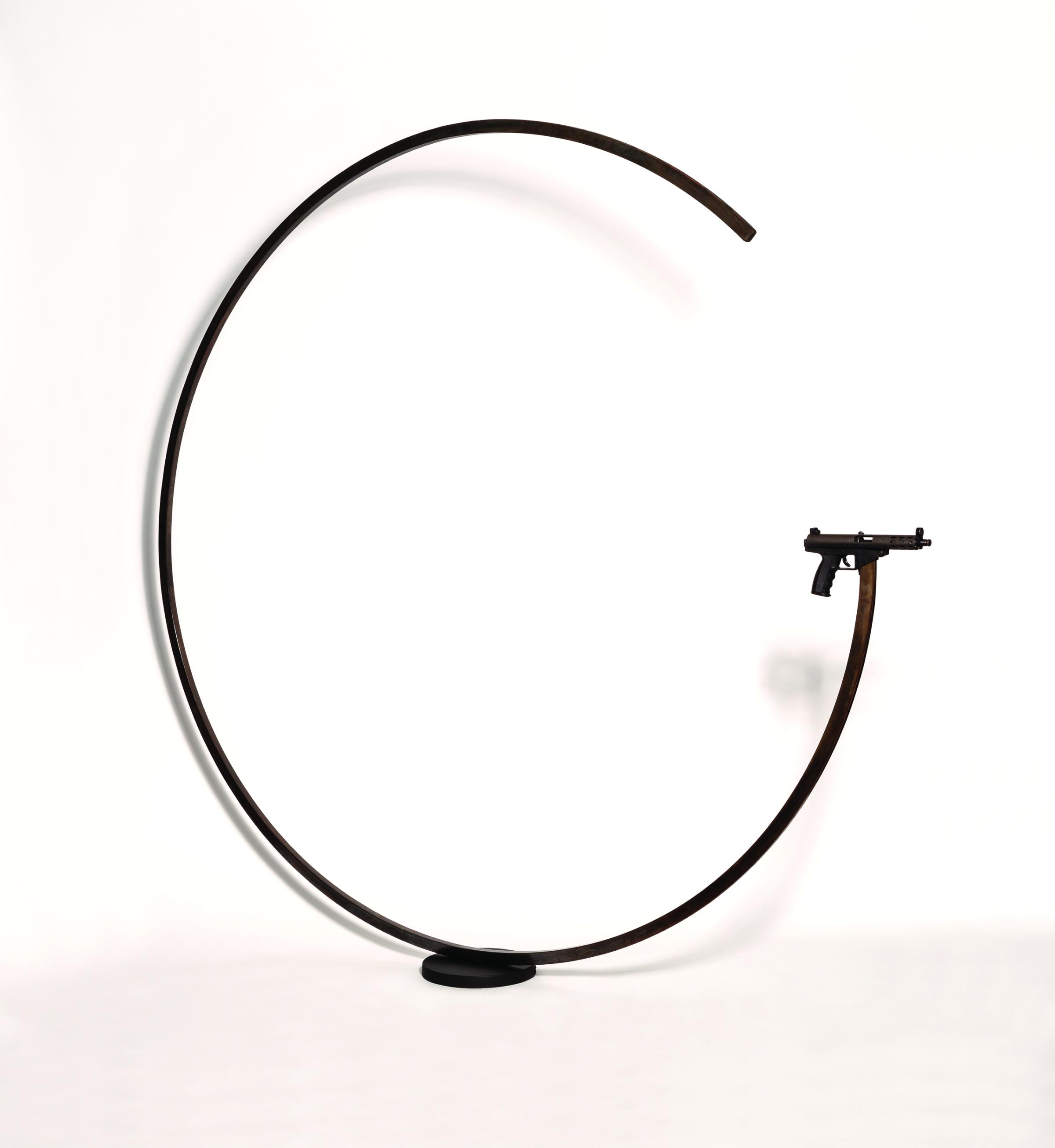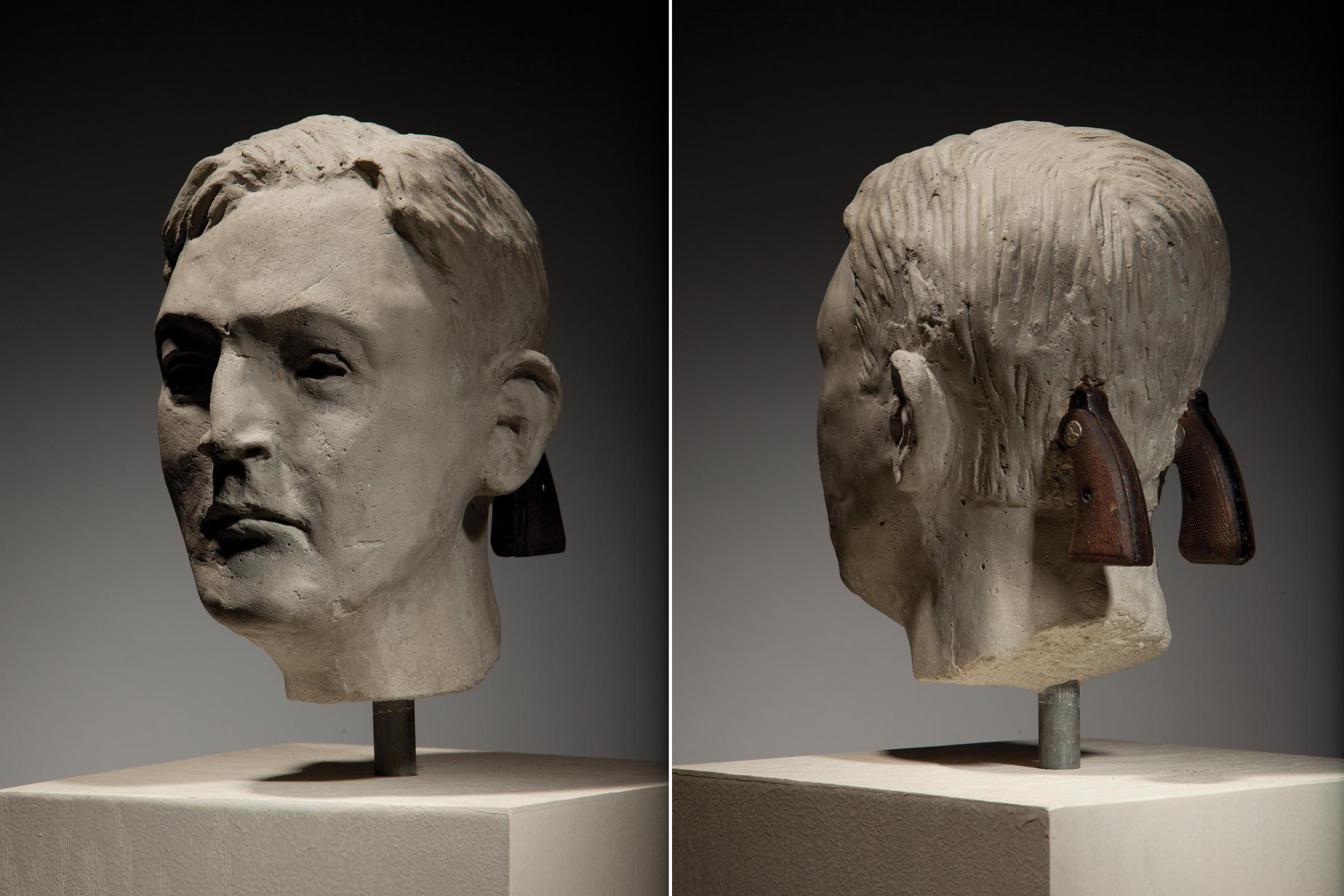In every elected office I have held over the past 20 years, gun violence has been a serious issue. When I was mayor of Richmond, Virginia, our city had one of the highest homicide rates in the country. When I was governor, our commonwealth experienced the worst campus shooting in U.S. history. And as I serve in the U.S. Senate and our country falls victim to one mass shooting after another, Congress has yet to pass any commonsense gun safety legislation. Like many Americans, I own a gun and am a proud supporter of the Second Amendment, yet my experiences have shown me that supporting the right to bear arms should never stop us from ensuring our communities are as safe as possible.
The worst day of my life was April 16, 2007. I had just arrived in Japan for a two-week trade mission. There was a knock on my hotel room door to inform me of an active shooter on the campus of one of my state’s universities, Virginia Tech. Half a world away, I watched the horrific tragedy unfold on television and made plans to return home as soon as possible. Thirty-two innocent lives— from all around the world, from all walks of life, students and professors alike—were lost that day. Seventeen others were shot and wounded, and another six were injured leaping from classroom windows to escape the carnage.

In the months and years that followed, we worked across the state to take concrete steps to reduce gun violence. The shooting revealed glaring weaknesses in campus security protocols at colleges and universities, in mental health standards, and in the system for background checks before gun purchases, so I convened a multidisciplinary panel to identify actionable solutions. We changed standards for mental health treatment and increased funding for community services while improving campus security and efforts to assist college students suffering from mental illness.
I also worked to make improvements to our background check system, issuing an executive order to ensure that those declared mentally ill and dangerous would be entered into a national database and barred from purchasing weapons. Unfortunately, efforts to close the gun show loophole—which allows anyone, including felons, potential terrorists, and domestic abusers, to purchase weapons without any background check—were undermined in the Virginia legislature, largely under pressure from the National Rifle Association.
When I arrived in the U.S. Senate in January 2013, our country was again reeling from another devastating tragedy: on December 14, 2012, twenty children and six adults were gunned down at Sandy Hook Elementary School in Newtown, Connecticut. A group of Democrats and Republicans came together after this tragedy to draft compromise legislation that would have closed the gun show loophole and encouraged states to help strengthen the existing background check system. After months of debating, I was sure that this time would be different, that this time my colleagues would have the courage to stand up to the NRA and pass meaningful gun control reform to make our entire country safer. But the same special interests that prevented us from closing the gun show loophole in Virginia in the wake of Virginia Tech were at it again. Ultimately, a minority in the Senate prevented a majority from passing this meaningful, commonsense gun safety legislation.
More recently, in December 2015, the Senate failed to stand up to the NRA and rejected another commonsense bipartisan measure that would have made it illegal for people on the no-fly list to be prohibited from purchasing weapons. If someone has been deemed too dangerous to be allowed on an airplane, why should they be permitted to purchase a firearm?
We have to make a decision about what matters to us. When gun deaths in Virginia outnumber automobile deaths, we have to treat this like the public health crisis it is. Will we have the courage to stand up to a gun lobby that no longer represents the views of American gun owners but instead represents the gun manufacturers?
An overwhelming number of Americans—many of them gun owners—support commonsense efforts to reduce gun violence like background checks, but the NRA and the gun lobby vehemently oppose any efforts to make our country safer and to promote responsible gun ownership. It is in the gun manufacturers’ financial interest to sell as many guns as they can to whomever they can, whenever they can and wherever they can. That motive is what blocks so many states and even Congress from passing background check laws that would keep us safer.
Gun violence has been ever-present throughout my time in public service, but my past experiences have taught me that no matter how tough our problems may be, they pale in comparison to the combined will of the American people who are determined to make our communities safer. I look forward to the day when we, as elected officials and as Americans, live up to our responsibilities and put an end to this crisis.
Tim Kaine is a U.S. Senator from Virginia and Democratic presidential candidate Hillary Clinton’s running mate.
Excerpted from Guns in the Hands of Artists, copyright © 2016 by Jonathan Ferrara. First hardcover edition published Nov. 1, 2016, by Inkshares. All rights reserved.








More Must-Reads from TIME
- Why Trump’s Message Worked on Latino Men
- What Trump’s Win Could Mean for Housing
- The 100 Must-Read Books of 2024
- Sleep Doctors Share the 1 Tip That’s Changed Their Lives
- Column: Let’s Bring Back Romance
- What It’s Like to Have Long COVID As a Kid
- FX’s Say Nothing Is the Must-Watch Political Thriller of 2024
- Merle Bombardieri Is Helping People Make the Baby Decision
Contact us at letters@time.com